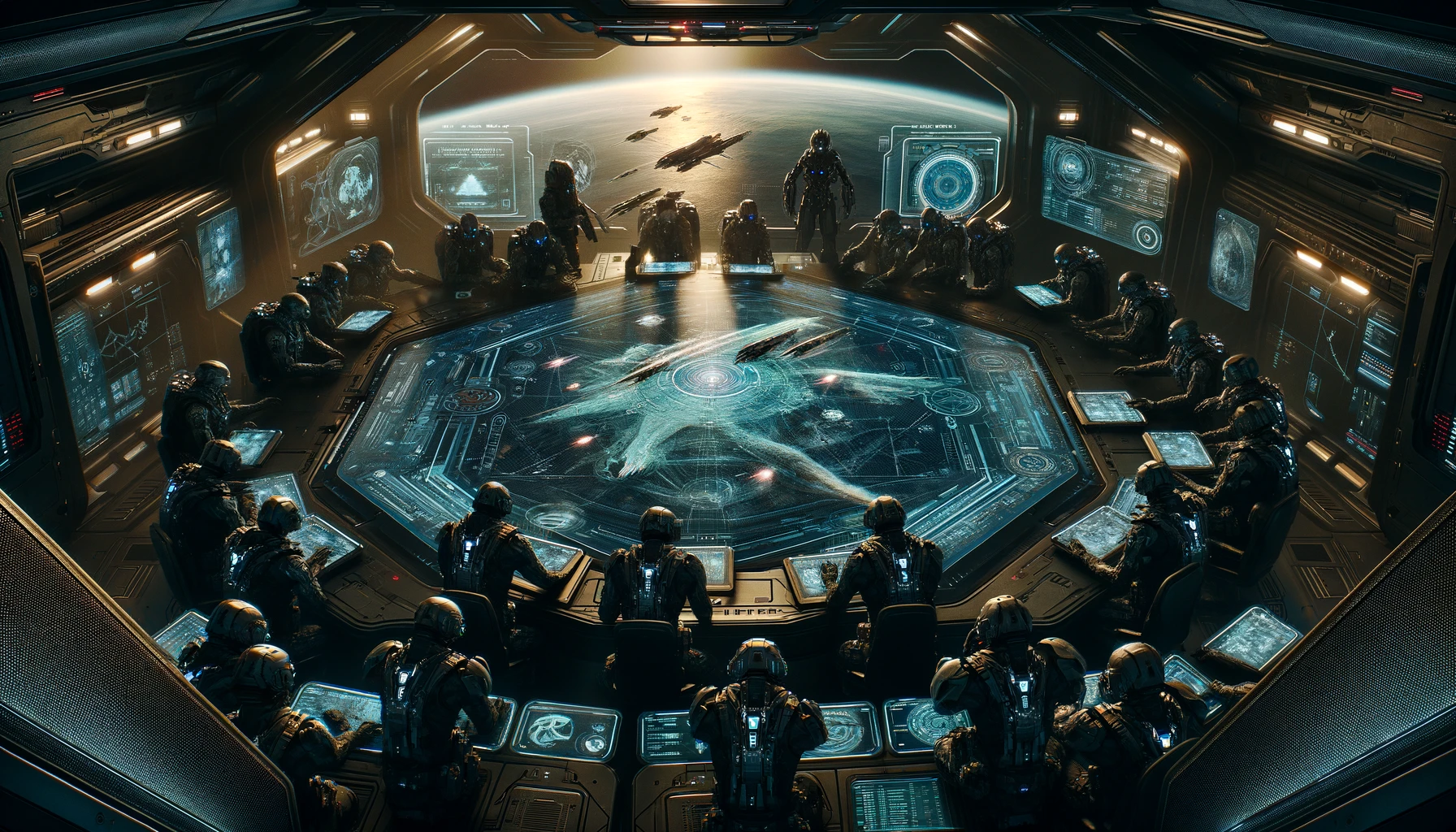Helldivers 2, a popular third-person shooter game, has introduced a new interactive element where players must choose between two different types of weaponry: MD-17 Anti-Tank Mines or RL-77 Airburst Rocket Launcher. This choice is not merely about selecting a weapon; it influences the sequence of planetary liberation in the game’s fictional universe, impacting strategic gameplay and narrative progression. The decision is presented as a democratic vote amongst players, fostering a sense of community involvement yet also sparking debates and divisions within the game’s forums and social channels.
What Choices Do Players Have?
The choice between anti-tank mines and a rocket launcher reflects deeper gameplay mechanics that affect how players will tackle missions on the planets Choohe and Penta. Each weapon offers distinct tactical advantages, influencing the style of play and strategies. The mines provide defensive capabilities, while the rocket launcher allows for a more aggressive approach, lighting up the battlefield dramatically.
How Does This Impact Community Interaction?
The decision-making process has sparked lively discussions and some controversy among the game’s community. Platforms like Reddit and Discord have seen a surge in activity, with players campaigning for their preferred weaponry. This division, although fostering engagement, raises questions about the effects of such choices on player unity and game experience.
Are There Precedents in Game Design?
Historical comparisons show that involving players in game development decisions through social media and community forums can significantly impact a game’s reception and success. This strategy enhances player engagement and investment in the game, echoing trends seen in other gaming franchises where player choices directly influence game outcomes and future developments.
In related coverage, Engadget in their article “The Social Dynamics of Gaming” and The Verge in “Gaming Communities and Democracy” discuss how modern games integrate social dynamics into gameplay, affecting not just in-game choices but extending to real-world interactions and community culture. Both articles highlight the transformative role of player decisions in shaping game narratives and community engagement, emphasizing the increasing intersection between social behavior and gaming.
A recent scientific study published in the Journal of Interactive Media Psychology, titled “Player Agency and Game Development,” explores similar themes. The research highlights how player choices in games like Helldivers 2 can affect not only individual gameplay experience but also collective community dynamics. The paper notes that such integrations can lead to increased game longevity and deeper community ties.
Insights and Inferences
– Strategic choices in Helldivers 2 shape both gameplay and community discourse.
– Community engagement can be leveraged to deepen player investment and connection.
– The design choice reflects a broader trend of blending gaming with social interaction.
In conclusion, Helldivers 2’s approach to integrating player decisions into the strategic and narrative fabric of the game exemplifies a growing trend in the gaming industry. This method not only enriches player experience but also serves as a case study of how games are evolving into platforms for robust community interaction and social commentary. Through these interactive decisions, Helldivers 2 not only entertains but also prompts players to consider the impacts of their choices, both in virtual landscapes and real-world scenarios, illuminating the profound connections between our digital and social lives.










